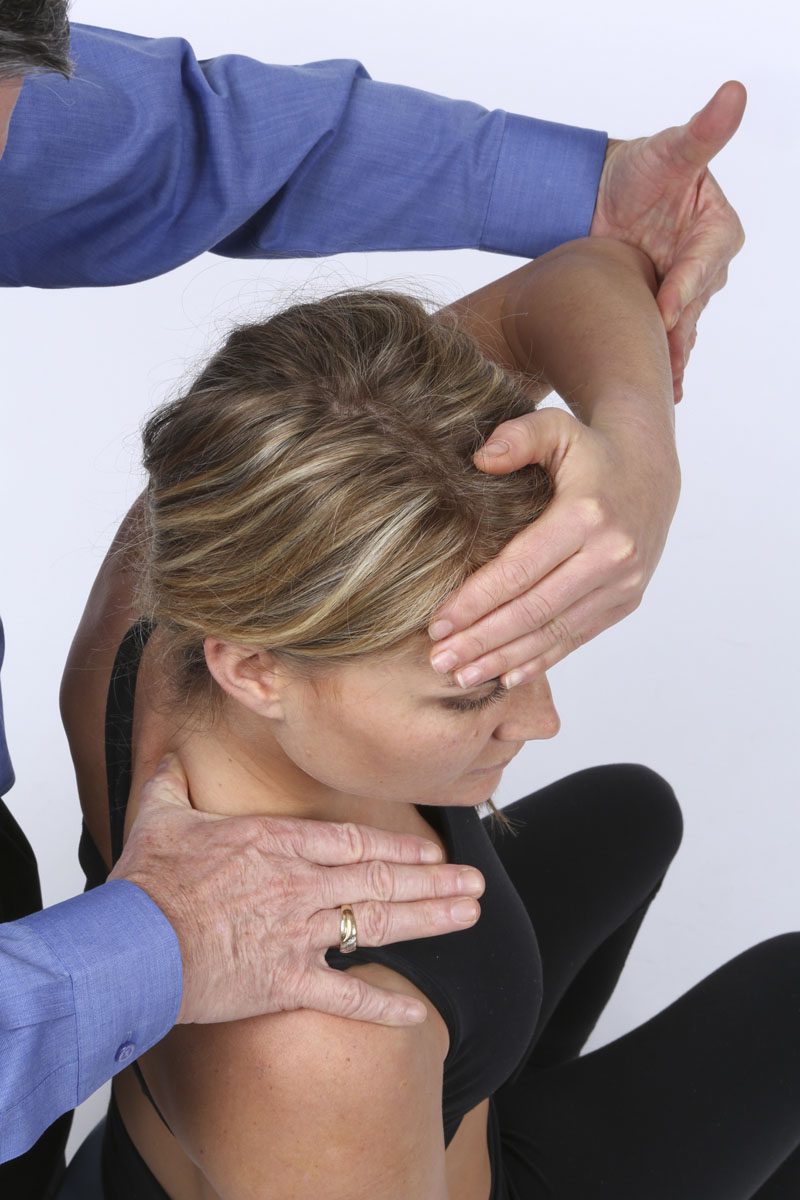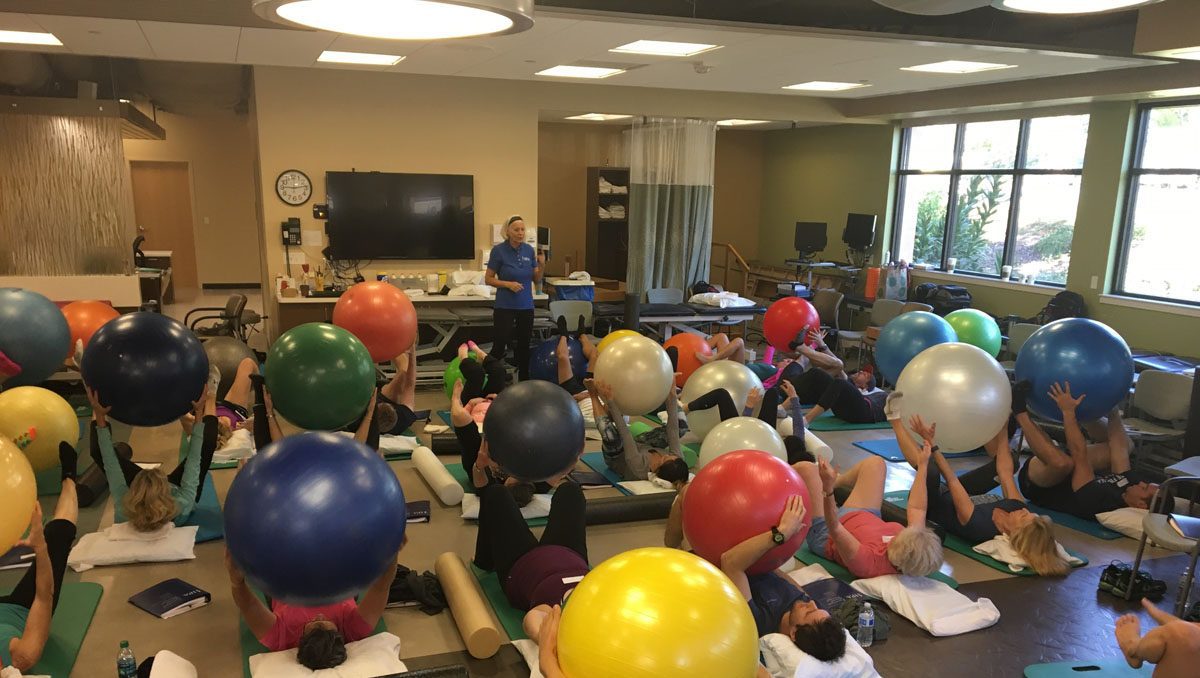Getting Started
The most frequently asked question is, “Which IPA course should I take first?” Let us guide you as you analyze your options.
Expand Your Treatment Skill Set
Are you a manual therapist who specializes in joint and soft tissue mobilization? Expand your intervention model to include specific manual assessment and facilitation of CoreFirst® movement strategies with advanced PNF skills, or develop a program for motor control training that is specific to your patient’s ADLs.
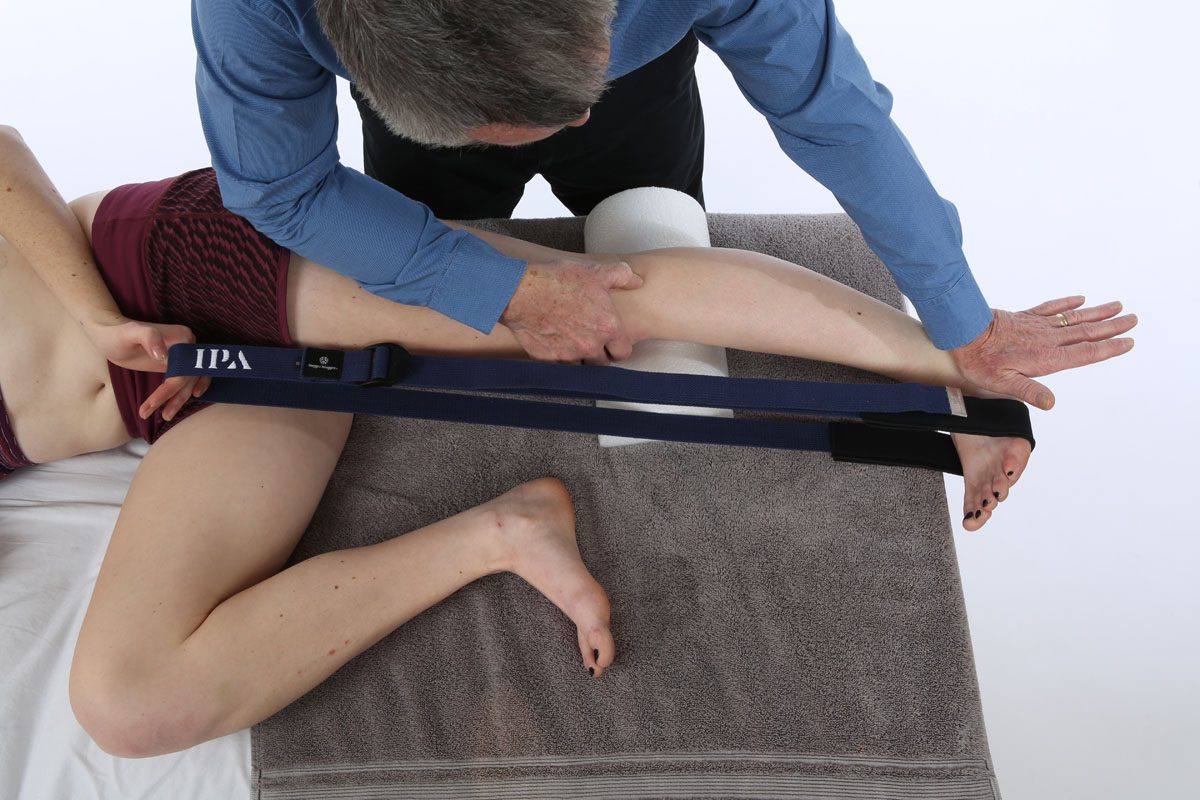
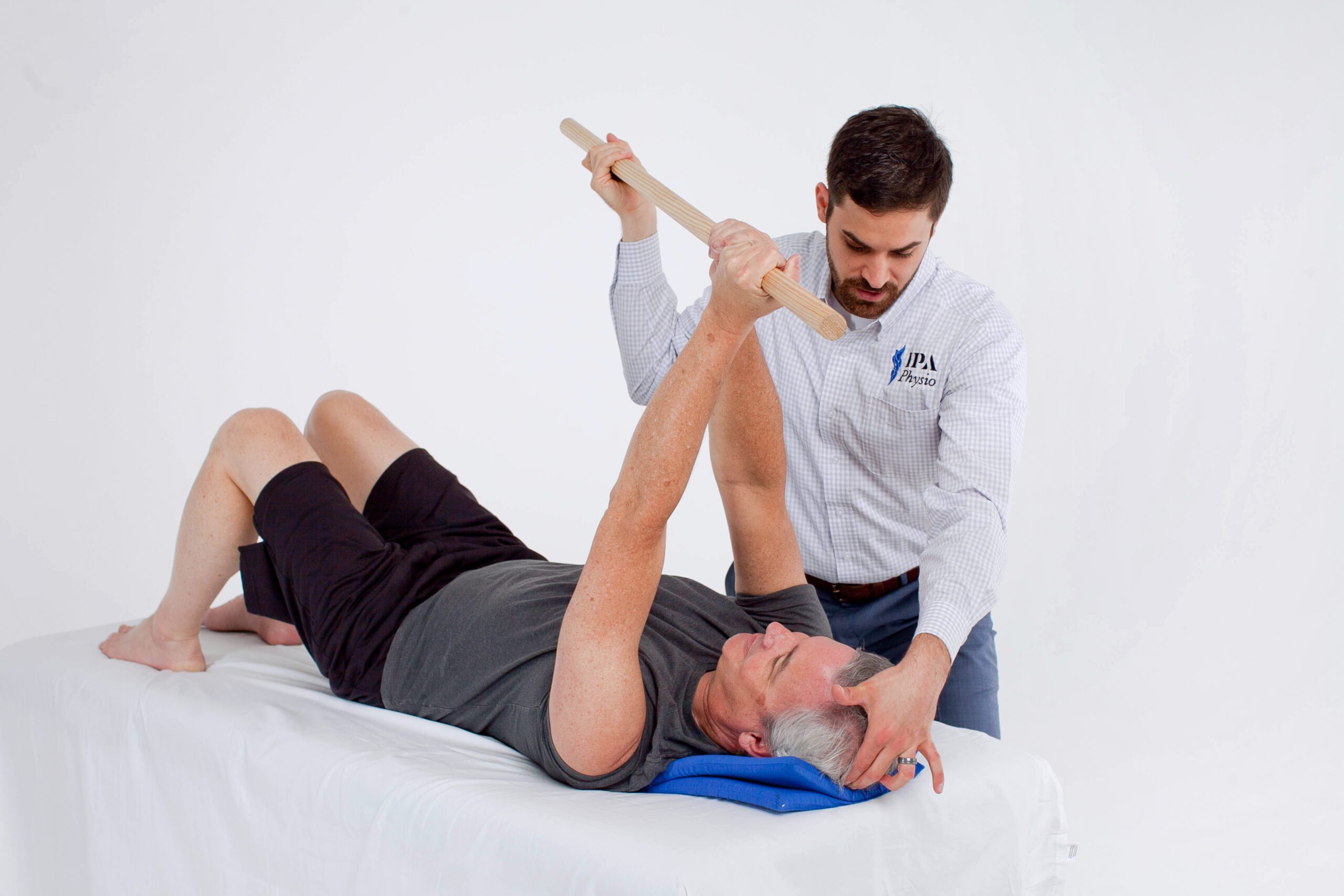
Build upon knowledge and skills you already love using in the clinic
Augment your knowledge base. For example, take FMI to supplement your understanding of mechanical capacity of the human system. Or, take CFS to better understand and implement an exercise program to facilitate an Automatic Core Engagement. Or perhaps, learn how mobility of the viscera can dramatically impact total body function by taking VFM.
Discover the FMT treatment approach for a particular region
Two day regional or topic specific courses offer both first time IPA participants as well as therapists Certified in Functional Manual Therapy® a structured cascade of assessments and interventions, incorporating material from core curriculum classes as well as unique techniques and methods.
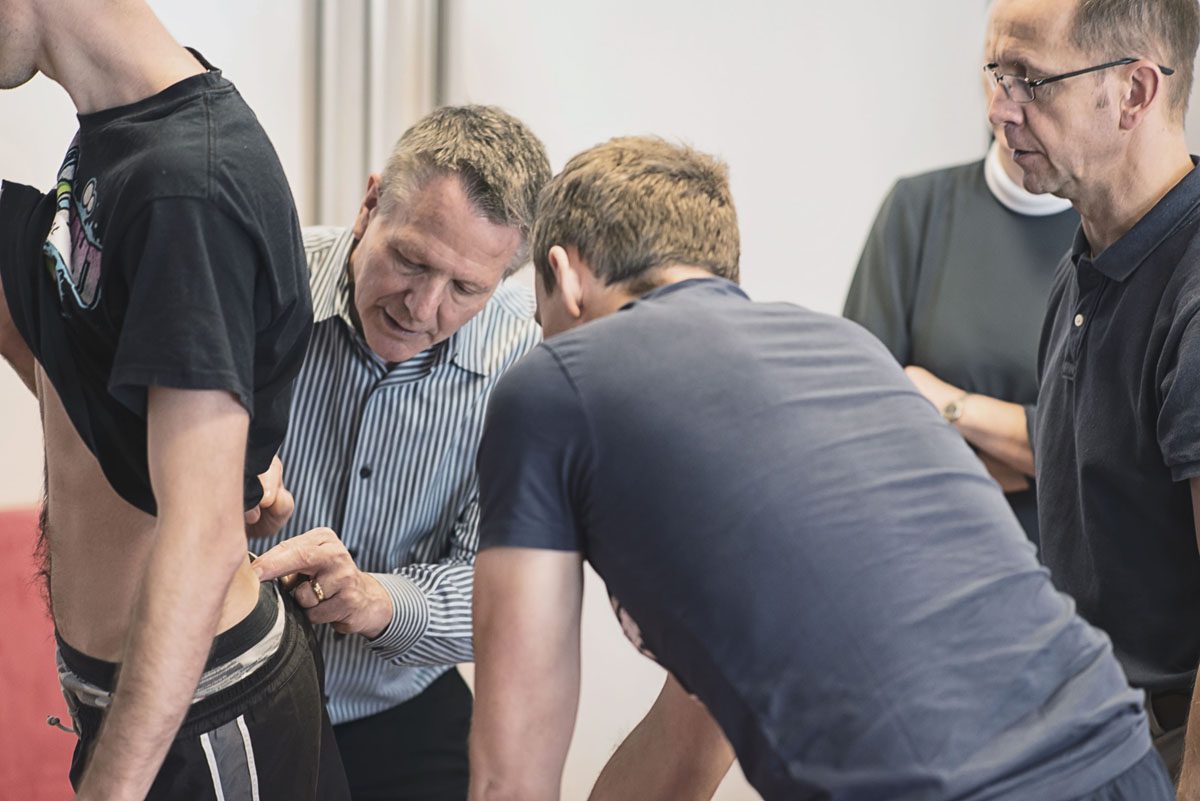
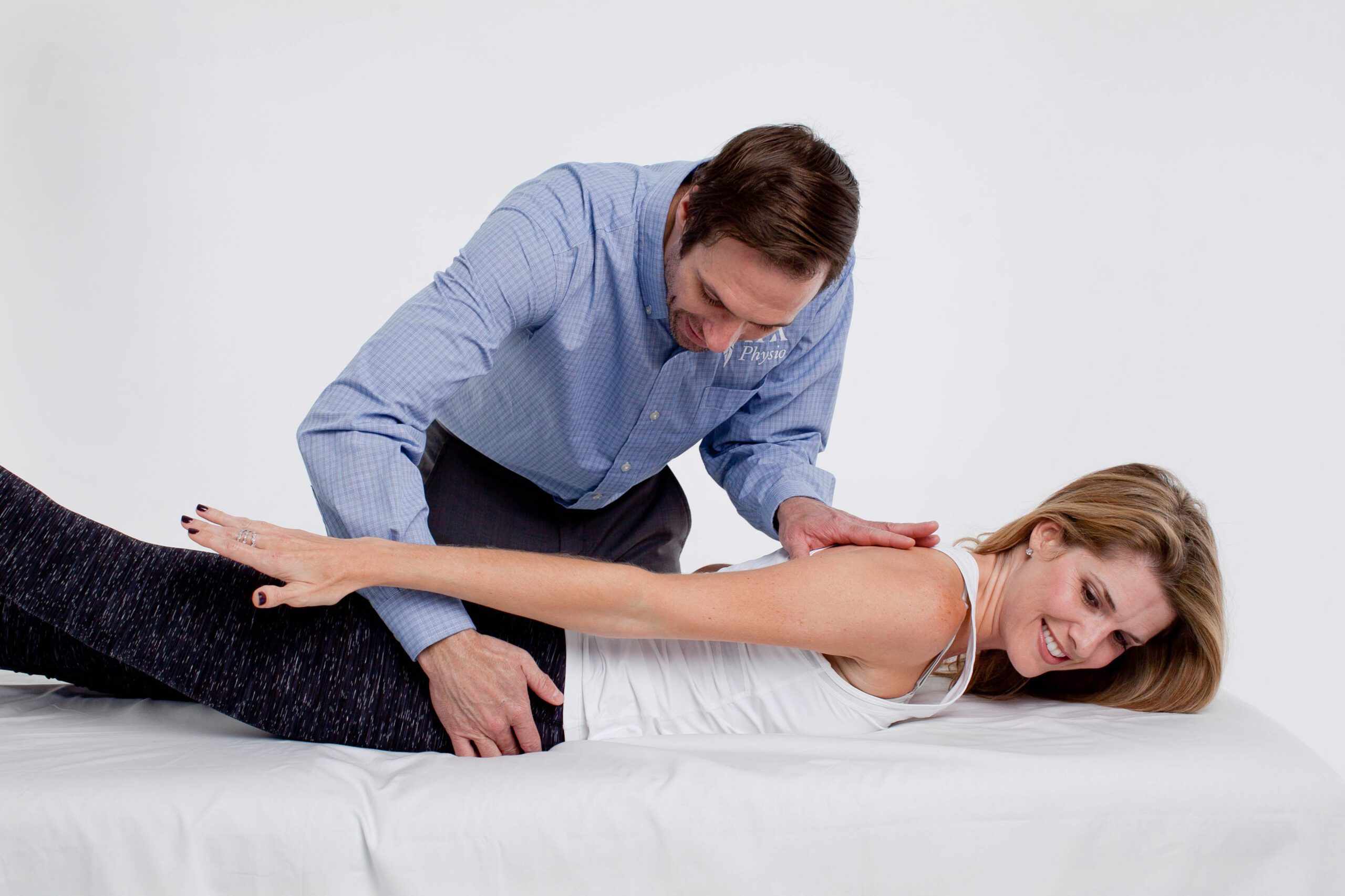
Core curriculum vs 2-day regional?
Are you taking your first IPA class to check out our method of education and what FMT is all about? Or, have you seen the results achieved by those who have already taken IPA classes and you are ready to dive in and drink the kool aid?
- Regional FMT courses expose you to a specific regional cascade of assessments and interventions which incorporate all three FMT pillars.
- Core curriculum FMT courses allow you to immediately start the journey toward mastery of the entire Functional Manual Therapy® approach. FMI and PNF are prerequisites for the upper-division core curriculum courses.
IPA Courses for First Time Participants Core Curriculum
Topic Specific or Two-Day Regional
